bp and Maersk Tankers carry out successful trials of B30 in two tankers
Green Car Congress
DECEMBER 27, 2021
bp and Maersk Tankers, with support from the Danish Maritime Authority, have successfully completed trials using biofuel-blended marine fuel in product tankers, demonstrating that sustainable biofuels can be used as a marine drop-in fuel to help reduce carbon emissions in shipping.



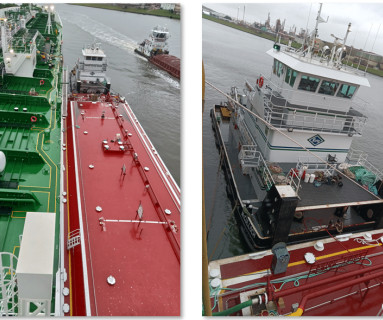
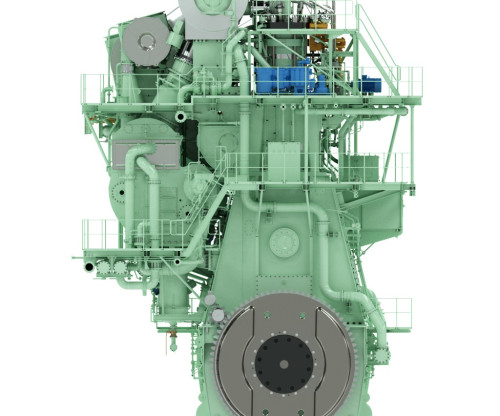
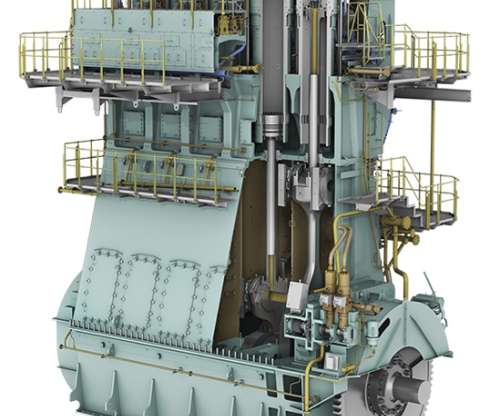
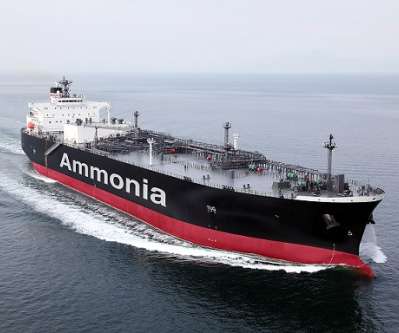
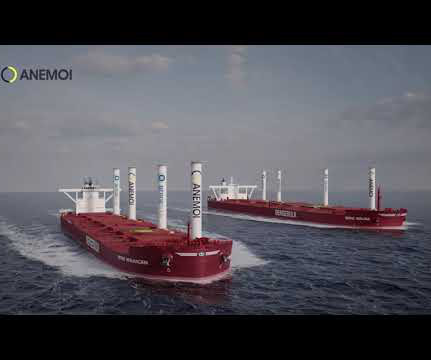


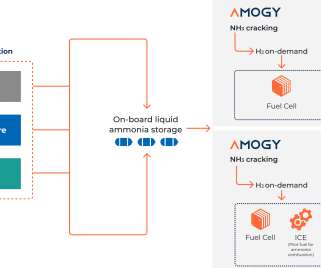
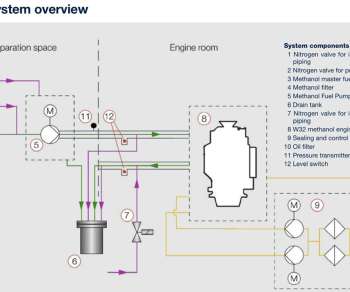



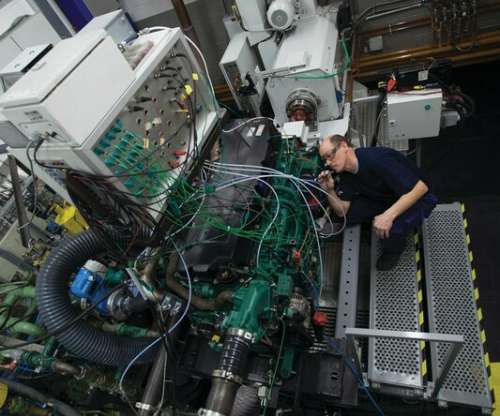


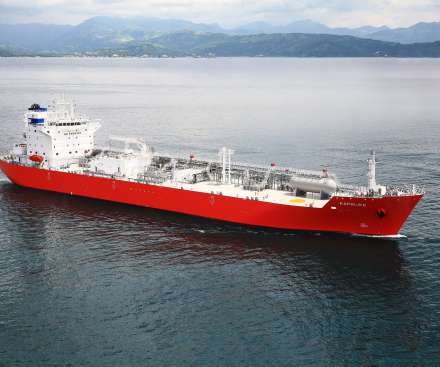

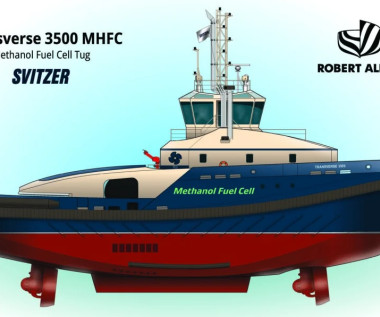













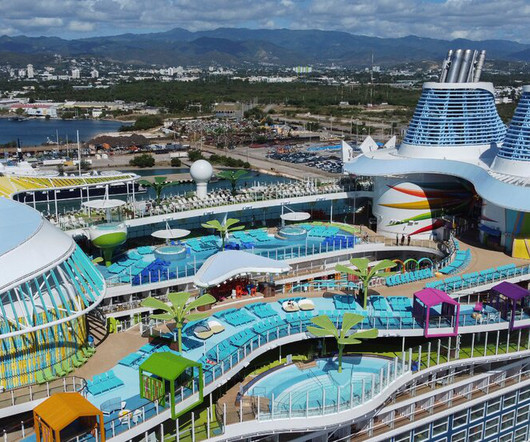








Let's personalize your content